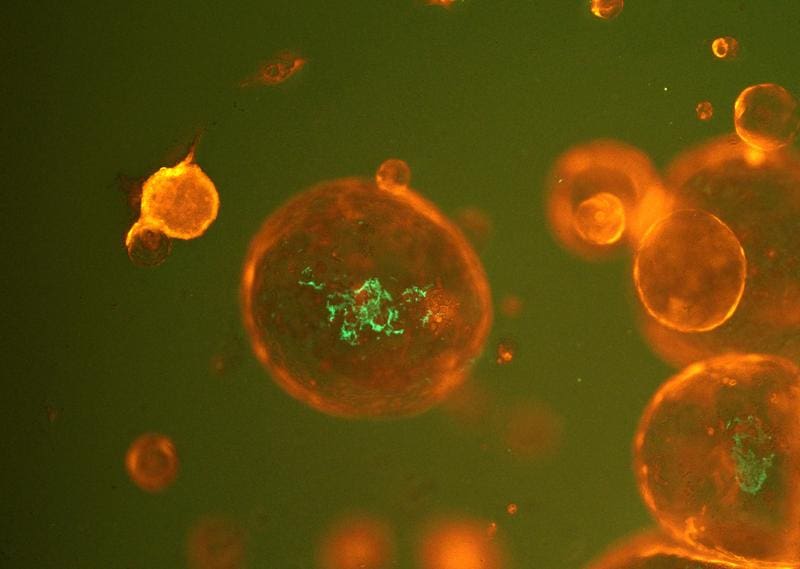DFG funds research network on functional genomics and microbiomics in colorectal cancer
In its latest round of approvals, the German Research Foundation (DFG) has approved a new collaborative research project in the field of oncology. The Medical Faculty Mannheim of the University of Heidelberg has received funding for the GenoMiCC network, which is dedicated to identifying new approaches for personalized therapies for colorectal cancer. As part of the D-A-C-H cooperation with the Swiss National Science Foundation (SNSF), 5.8 million euros will be invested in the project over four years.
Colorectal carcinomas are among the malignant tumor diseases of the colon and are the second most common cause of cancer-related death worldwide. They account for about ten percent of all cancers. Genome-based precision medicine promises better treatment response through treatments based on specific genetic tumor changes. Nevertheless, less than 20 percent of patients currently benefit from such personalized approaches.

The GenoMiCC network considers the cancer process as an entire ecosystem, including the intestinal microbiome ã the community of bacteria in the human intestine. The project investigates the functions and interactions of genes and the microbiome in the development of colorectal cancer as well as their relevance for treatments. The aim is to discover new, drug-modifiable structures for personalized therapies, the effectiveness of which is to be tested at the University Medical Center Mannheim.
In particular, the influence of the patient microbiome on the success of therapy has become more important in recent studies. In addition, research data indicate that certain bacteria play a key role in cancer development. GenoMiCC is the first DFG-funded group on this topic.
The project is characterized by interdisciplinary tandems of microbiome and cancer researchers. Experts from the German Cancer Research Center (DKFZ), the European Molecular Biology Laboratory (EMBL), the medical faculties of Heidelberg University and institutions in Switzerland, the Netherlands and Germany such as ETH Zurich, Dû¥sseldorf University Hospital, Basel University and Leiden University are involved. The close cooperation between clinics and basic research is intended to enable rapid translation into patient care and builds on existing partnerships.
The funding includes the research group FOR 5806: “Functional Genomics and Microbiomics in Precision Medicine of Colorectal Cancer”. It is part of a round in which the DFG is establishing four new Research Units and providing a total of around 20.5 million euros. Research Groups are funded for up to eight years and enable innovative approaches to pressing questions. The DFG currently supports 188 such consortia.
Editor: X-Press Journalistenbû¥ro GbR
Gender Notice. The personal designations used in this text always refer equally to female, male and diverse persons. Double/triple naming and gendered designations are used for better readability. ected.




